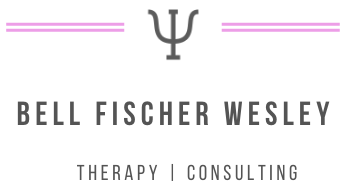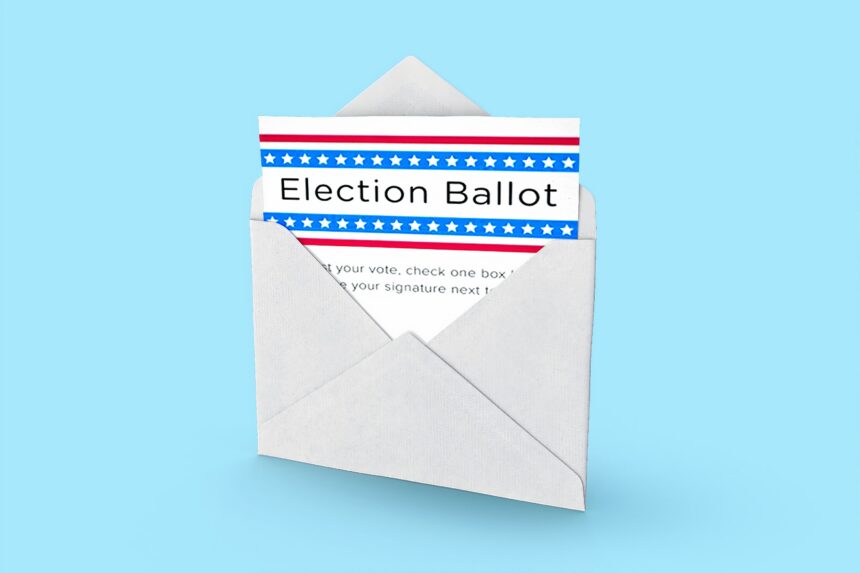Election day is tomorrow; however, election season has been in full swing for several months. A record-breaking number has already voted and emotions are running high, to say the least. The majority of U.S. adults (68%)–regardless of their political affiliations–say that the 2020 presidential election is a significant source of stress, according to a new survey by the American Psychological Association (APA). The same was true for 52% of adults in 2016. In addition to the election, a global pandemic, racial unrest, and climate change currently overwhelm the concerns of U.S. citizens. Individuals and families are feeling unsettled and are eager to reclaim a sense of certainty. Every day, I encounter clients who are burdened by one or more of these national crises, alongside personal stressors that disrupt their relationships, families, finances, career, school, and health. I discuss with each of them the importance of establishing and maintaining realistic expectations, personal boundaries, and a sense of control. On the eve of the 2020 election, along with the days (and weeks) thereafter, these key factors are ever more important to manage election-induced stress and fatigue:
Realistic Expectations
Establishing and maintaining realistic expectations are so important when faced with uncertainty. First, manage your expectations about when the election results will actually be confirmed and prepare for a longer period than usual before a definitive winner is announced. According to political analysts, tallying absentee and mail-in ballots and settling disputes over the results is a process that could carry out until the Electoral College’s December 8 deadline. Second, manage expectations about how you will react if your preferred candidate does not win. Make a plan for how you will process your feelings including disappointment, grief, anger, or sadness. Finally, manage expectations about the future regardless of who wins the election. Prepare for many successes and challenges ahead, rather than absolutely positive or negative outcomes.
Personal Boundaries
Our personal boundaries serve as the guiding principles for how to best take care of ourselves. They are not intended to create distance between ourselves and others but instead to bring us closer together in healthy and meaningful ways. Our personal boundaries include our self-care plan, our communication skills, and our relationships with others. In light of the election, make a plan for who and what you need to provide comfort during a potentially distressing and uncomfortable time ahead. Ask yourself: How will I make sure to eat, sleep, bathe, and exercise adequately? Who can I ask to help hold me accountable for attending to my daily responsibilities? What fun activities do I have planned for the upcoming days and weeks? With whom does it feel safe to discuss political views or exchange opinions? How and when will take breaks from political commentary, news outlets, or social media?
Sense of Control
One of the best ways to maintain a sense of control and mitigate anxious feelings is to gather factual information from reliable sources. Identify trustworthy and unbiased news outlets and experts. This can also include family members and friends who are known to garner credible feedback and information. Identify when to redirect your attention away from the election before you become overwhelmed or discouraged. Pace yourself – you are in control of how much, how fast, and for how long you attend to the election results. Although are not in control of the outcome, you are in total control of how you consume data and how you respond to it.
Additional Resources: NYTimes, USAToday, American Psychological Association, The Atlantic, and National Public Radio.
All my best,
NLF
DISCLAIMER: Bell Fischer Wesley Therapy & Consulting, LLC is pleased to provide you with this website for your personal education and informational purposes only. Nothing found on this website (or social media pages) is intended to be a substitute for professional psychological, psychiatric or medical advice, diagnosis, or treatment. Bell Fischer Wesley Therapy & Consulting, LLC assumes no liability for any diagnosis, treatment, decision made or action taken in reliance upon information contained in this website or any other internet sites linked to it in any way.


Leave a Reply